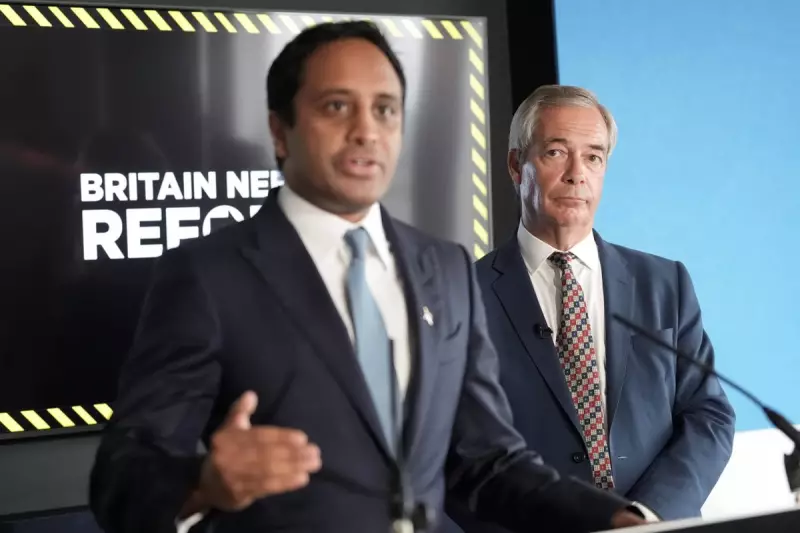
In a dramatic move that threatens to destabilise the new government, Nigel Farage's Reform UK has issued a bombshell demand for seats at the top table. The populist party is leveraging its significant electoral influence in a bold attempt to force its way into power.
The ultimatum, delivered just days after the Labour Party's landslide victory, centres on two critical demands. Reform UK is insisting on the creation of a new government role specifically for Nigel Farage himself, alongside a major policy concession.
The Price of Cooperation
According to Shadow Housing Minister Matthew Pennycook, who spoke exclusively to The Independent, Reform's demands are clear and non-negotiable. The party wants Farage appointed to a specially created position overseeing the nation's approach to leaving the European Convention on Human Rights.
Additionally, Reform is pushing for the establishment of a dedicated 'Minister for Immigration' role, a portfolio they believe should be separated from the broader Home Office brief to prioritise border control and migration management.
A Strategic Power Play
This aggressive move represents Farage's most direct attempt to secure official government influence after years as a political disruptor. Having secured five parliamentary seats and over four million votes, Reform UK now believes it has the mandate to demand real power.
The timing is particularly awkward for Prime Minister Keir Starmer, who is attempting to form a stable government while managing expectations from multiple factions. Reform's demands present both an opportunity and a significant threat to Labour's authority.
Government Response and Implications
While Downing Street has yet to issue an official response, political analysts suggest the government is unlikely to concede to these demands directly. However, the very fact that Reform feels empowered to make such requests signals a fundamental shift in Britain's political landscape.
Matthew Pennycook warned that capitulating to these demands would represent "a complete capitulation to the far-right" and could undermine the government's credibility from its earliest days.
This development sets the stage for a potentially explosive confrontation between the new Labour administration and the increasingly assertive right-wing party, with the future direction of UK immigration policy hanging in the balance.





